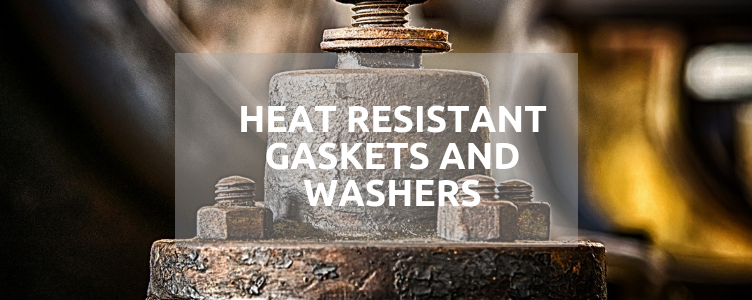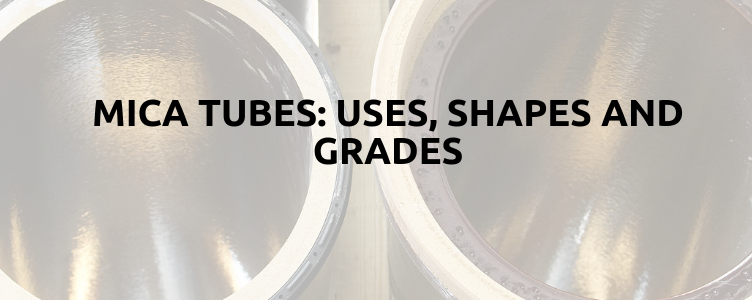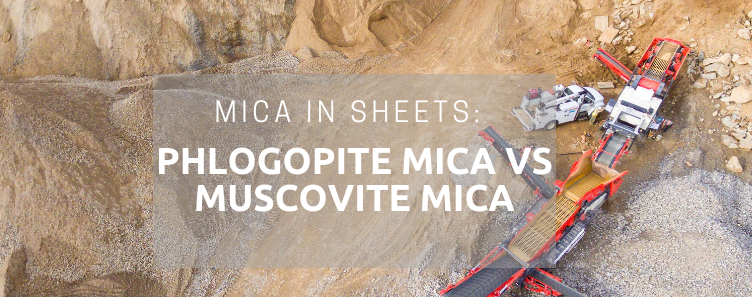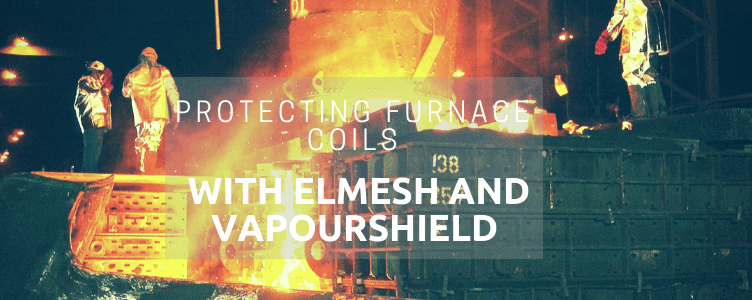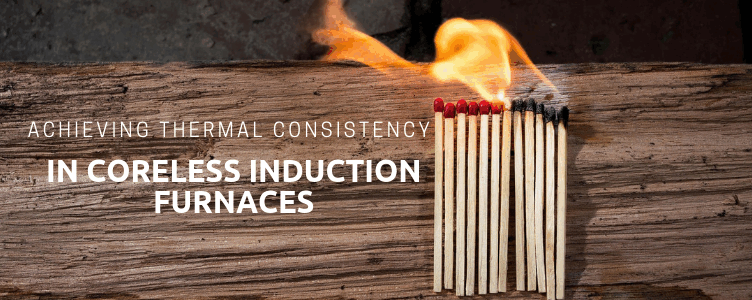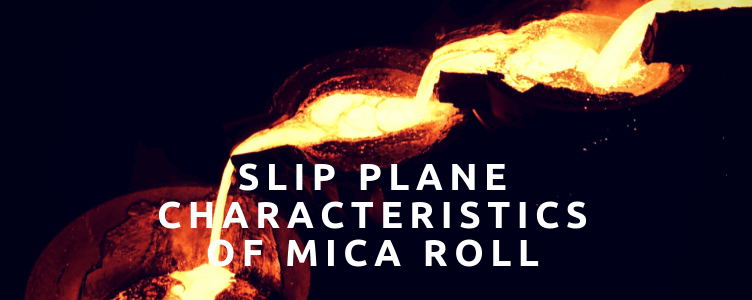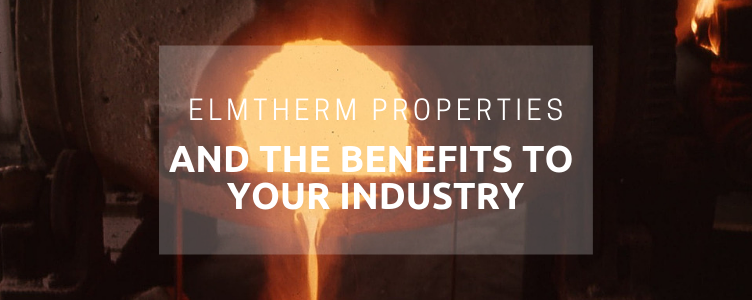
Elmtherm Properties and the Benefits to Your Industry
Elmtherm is a range innovative high temperature insulation products, based on microporous technology. Designed to perform consistently at a peak level of excellence, Elmtherm has several applications across different industries, including foundry and steel, aerospace, petrochemical and fire protection.
This microporous material is durable with superior thermal insulation characteristics. It is used primarily as a lining material, protecting products, equipment and technology from heat incursion, and so ensuring their safety.
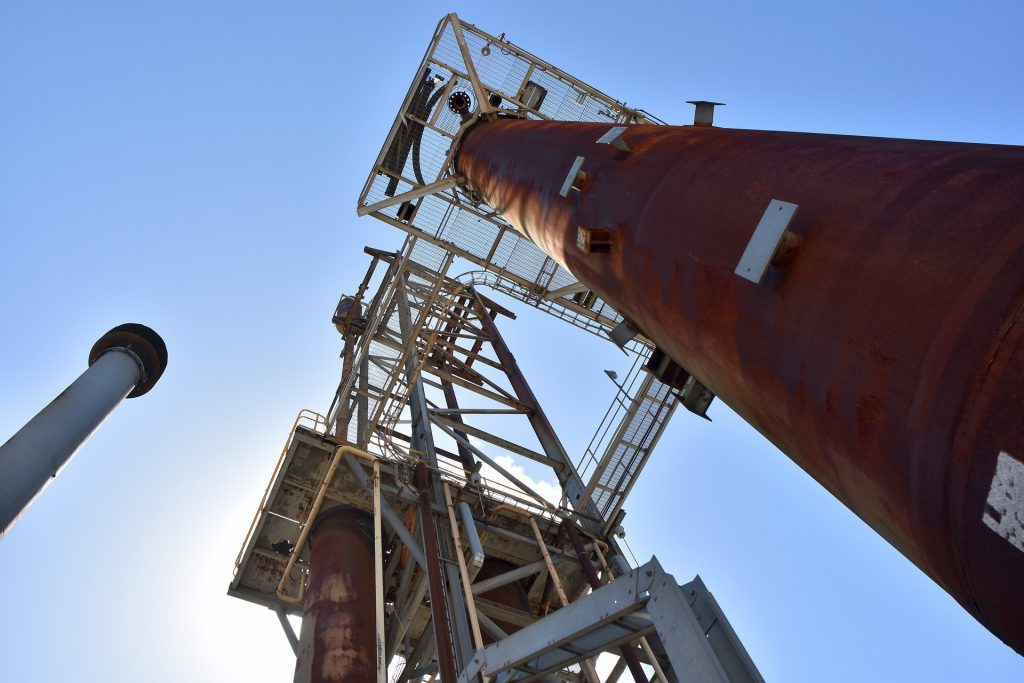
How Microporous Technology Works
The technology underpinning Elmtherm is separation technology. This involves small particles of silica, dispersed through an area, to the extent that they create small openings, or micro-pores. These micro-pores have tiny diameters of less than two nm, or nanometres.
When combined, these micro-pores create molecular sieve membrane. This sheet has a low density but an extremely effective porous structure.
What does this mean in practice?
Used in high temperature insulation, microporous material blocks conductive, convective and radiant forms of heat transfer.
Microporous technology restricts conductive heat transfer through minimising the contact between molecules, impeding their ability to transfer energy, from one molecule to another.
The structure of microporous sheets also creates pockets of trapped air which stop the free pathway of air, thereby containing convective heat transfer. This means there is limited or no heat transmitting through the microporous material.
For combatting heat transfer from radiation, microporous material has infrared opacifiers loaded into it to reduce the occurrence of radiant heat transfer. These added substances help make the material impervious to light-generated heat.
Elmtherm is highly energy efficient, helping reduce operating costs in the industries in which it is applied, while ensuring good temperature control through its excellent thermal stability.
Where there are issues to do with consistency and safety in performance, Elmtherm can help.
Microporous Product Grades
Elmelin produces four different grades of Elmtherm microporous material for high temperature insulation.
Each of these grades comes in a different ranges of thickness, which determine their heat transfer capabilities.
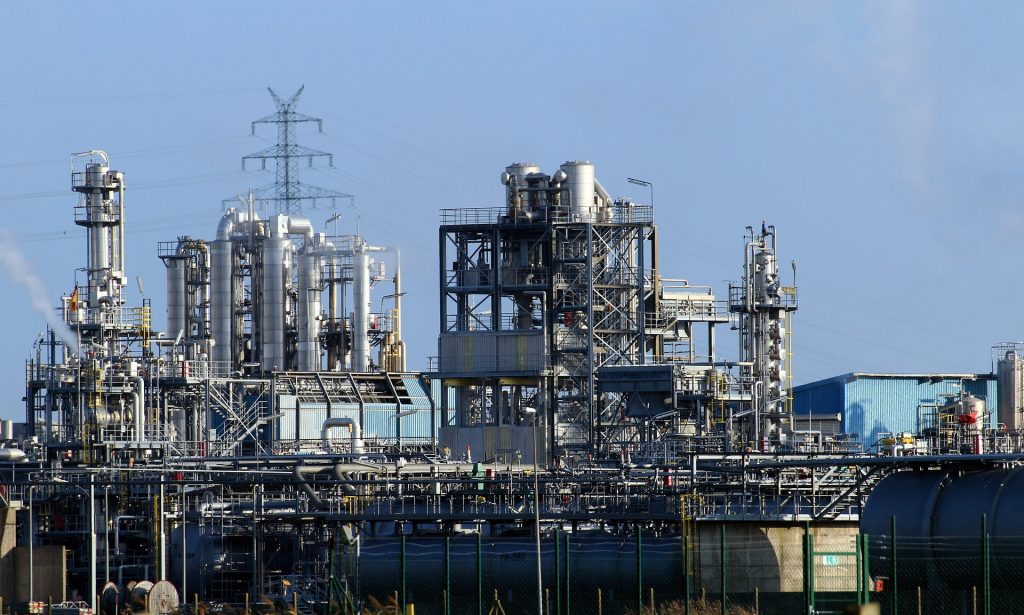
Elmtherm 1000 and 1100 are microporous in composition and can withstand maximum temperatures of 1,000°C and 1,100°C respectively. They come in thicknesses of between 3mm and 50mm.
Elmtherm 1400 and 1600 grades combine microporous materials with ceramics to form effective heat shields, designed to withstand temperatures of up to 1,400°C and 1,600°C respectively. Thickness for these grades depends on their specific application.
Applying Elmtherm Across Industries
High temperature insulation is an essential requirement across different industries and sectors, but microporous technology is proving to be a widely applicable, adaptable and highly effective solution.
The low thickness but high strength of Elmtherm make it well-suited for applications where safety, efficiency and energy saving are all key requirements.
Low weight combined with high compression strength means microporous solutions can both protect equipment and other materials while ensuring peak performance.
Elmtherm for Foundries
Elmtherm lines ladles in foundries, ensuring that they can safely hold molten metal at intense temperatures. This type of lining increases the capacity of ladles by 10% while having a positive impact on energy conservation, offering improvements in this area of around 50%.
For furnaces, Elmtherm helps with even heat distribution, and also protects against heat loss, to the tune of 30%. At the same time, because of its thinness, it is a more efficient insulator than other, alternative board materials.
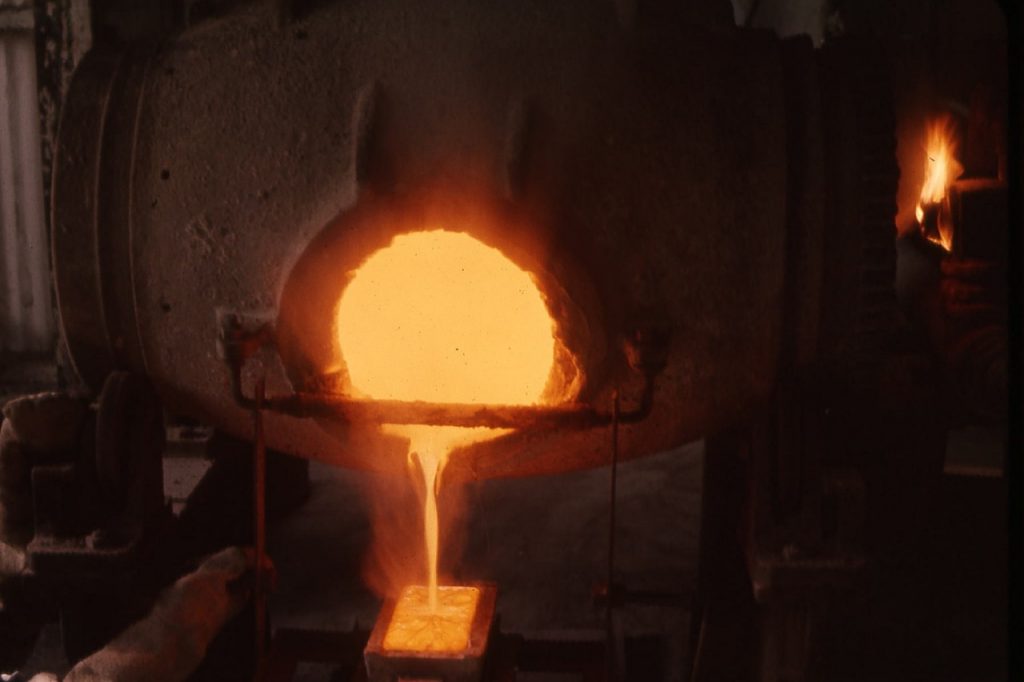
In aluminium launder systems, Elmtherm contributes to the speed and efficiency of the casting process, where speedy transfers between furnaces are critically important. Elmtherm optimises the movement of molten aluminium between smelting and casting processes, saving on heat and time.
Elmtherm is also used to line tundishes, to assist in continuous casting operations; and is also found in kilns and rotary kilns.
Aerospace Applications for Elmtherm
Microporous insulation is an industry standard for aircraft, when it comes to ensuring the lowest possible thermal conductivity and keeping things as lightweight as possible.
Elmtherm provides essential thermal protection for aircraft auxiliary power units and flight data recorders. It also provides heat shield material for thrust reversers, and flexible insulation inside aircraft engines.
In the form of panels, it can also insulate galley ovens on aircraft, as well as providing wings with fire protection.
Protecting Process Piping
For pipeline materials in the petrochemical and other industries, protection against extreme heat and fire is vital, as process piping is inevitably going to involve highly inflammable materials.
Because it is lightweight and flexible, but also very strong, Elmtherm is an ideal lining solution for process pipework. It is used in power plants, the petrochemical and cement and glass industries.
Microporous Fire Protection
With fire and elevator doors playing essential, strategic roles in passive fire resistance, ensuring they are as fire-proof as possible is essential.
Elmtherm has proved ideal for this form of insulation, being lightweight but highly fire-resistant, and easily adaptable to a range of situations and locations.
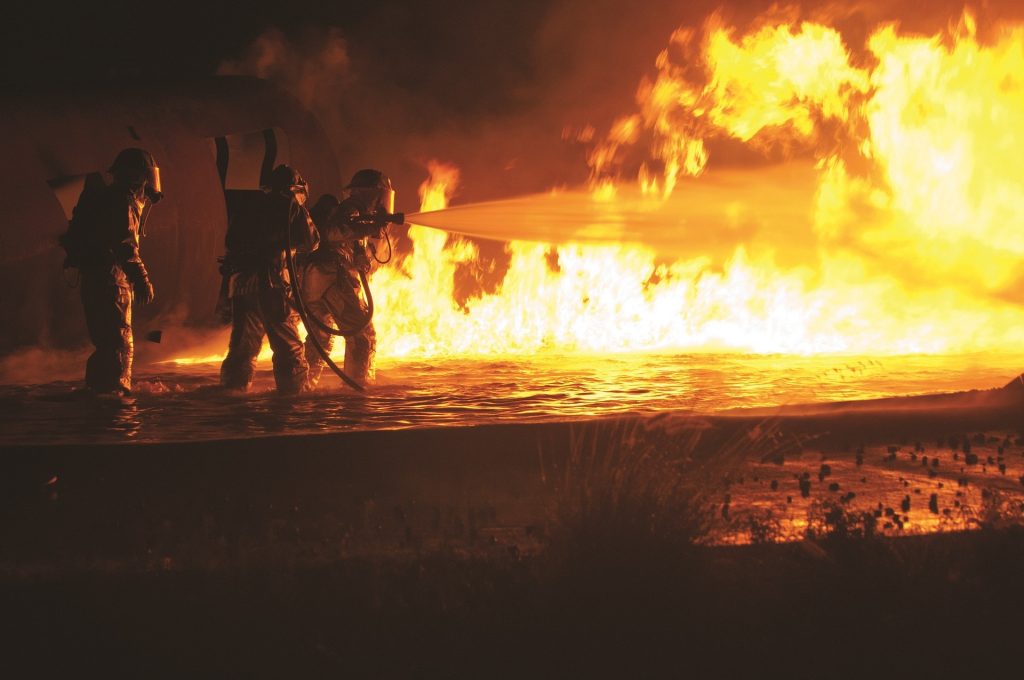
These microporous insulation boards are a safe, modern alternative to asbestos, opening up new possibilities for high performance, high temperature insulation in buildings management and safety.
What Insulation Solutions are You Looking For?
Elmelin’s Elmtherm range of microporous high temperature insulation solutions is highly adaptable across a very broad spectrum of industries and sectors. We have only touched on a few key examples here.
Discover more about Elmtherm and how it could benefit your business and your industry by calling us on +44 20 8520 2248. Alternatively, please email sales@elmelin.com, or complete our online enquiry form. We’ll get back to you as soon as possible.

